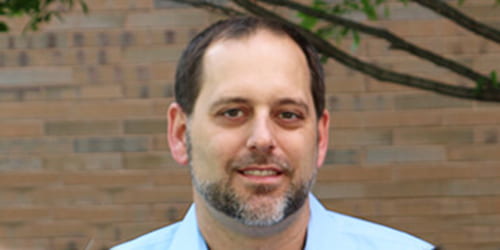Welcome to the Magee lab!
The Magee lab is working to answer several important questions that surround the causes of childhood leukemia. How do childhood leukemias arise from normal blood forming stem cells? How do leukemia cells hijack normal stem cell programs? Why do childhood and adult leukemias have different mutations? Can we identify and target programs that maintain leukemia cells that are unique to childhood leukemia?
To address these questions, we have developed new ways to model childhood leukemias using mice. This has allowed us to observe leukemias as they evolve during early stages of life so that we can understand the unique contributions of childhood developmental programs to leukemia formation. We have also been able to model ways that stress, such as chemotherapy for other childhood cancers, can contribute to leukemia formation. Our studies will ultimately lead to new methods to treat and even prevent childhood leukemia.
Training opportunities
We are always interested in having people join our team!

Principal Investigator
Jeff Magee, MD, PhD
The Magee lab studies the differences between childhood and adult leukemias. Our goal is to understand why children get leukemia when they are not subject to the effects of aging, environmental exposures and inflammation that can contribute to malignancies in adults. We use mice to model the effects of different infant, childhood and adult leukemia-causing mutations at different ages. We then validate our findings using an array of human leukemia specimens. We have found that mutations that are unique to childhood leukemias can create new and actionable drug targets. Thus, by understanding the unique properties of childhood cancers, we can treat them more effectively.
With generous support…
In addition to federal support from the National Heart, Lung and Blood Institute, the Magee lab has been fortunate to receive generous support from the following foundations: